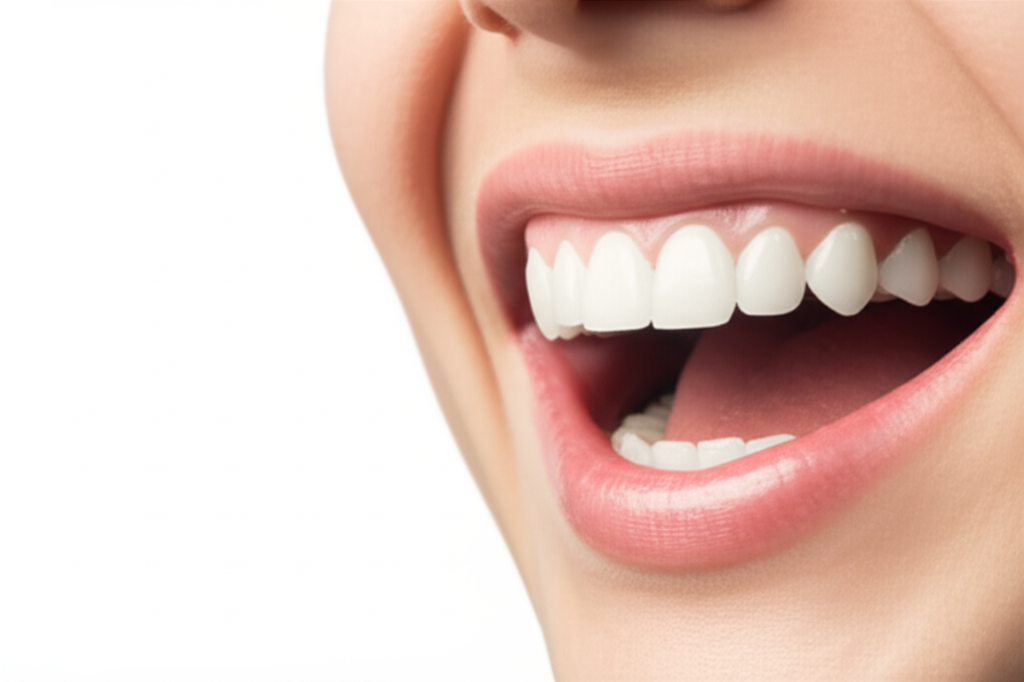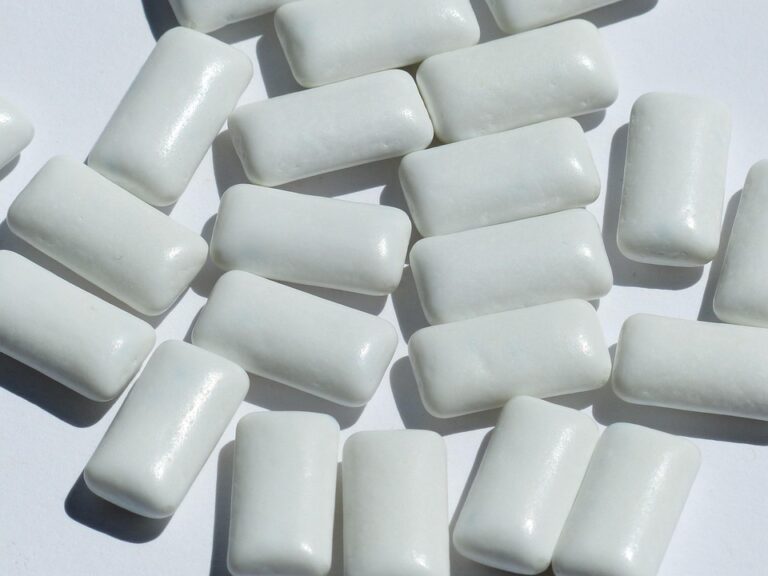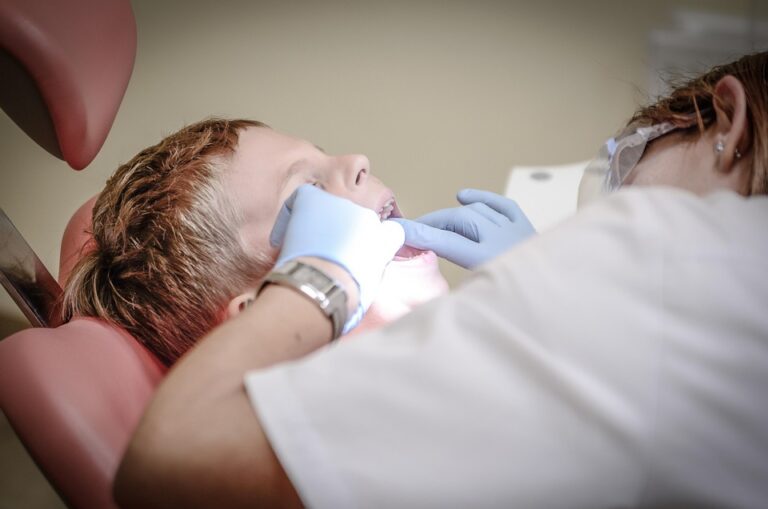
Can Vitamin D Deficiency Cause Dental Problems? Understanding the Critical Link
By Someone Who Has Been There, Learned the Hard Way, and Wants to Help You Avoid the Same Pitfalls
Introduction: My Eye-Opening Discovery About Vitamin D and Dental Health
I’ll never forget the day I finally realized my constant dental problems were connected to something as basic as not having enough vitamin D. For years, I brushed and flossed all the time, stayed away from sweets, and always went to my dentist. But I kept getting cavities, and my gums never looked healthy. Maybe this sounds familiar?
I always thought it was just bad luck or my family’s genes. Turns out, my story is pretty normal. If you’re asking if low vitamin D might be behind your dental issues, let me say: yes, you really can get dental problems from not having enough vitamin D. When I learned why, everything started to make sense—and I finally knew what to do. In this article, I’ll talk about my own experience, explain the facts in easy words, and share simple tips to take care of your teeth and gums by paying attention to this often-missed vitamin.
Table of Contents
- What Vitamin D Really Does for Your Teeth and Gums
- Dental Problems Linked to Vitamin D Deficiency (What I Saw and Learned)
- Spotting the Signs: How I Recognized Vitamin D Deficiency in My Mouth
- Who’s At Risk? Why You Shouldn’t Assume You’re Immune
- How I Fixed My Low Vitamin D—and the Steps You Can Take
- Proactive Protection: Day-to-Day Habits for Better Oral Health
- Bonus: What the Data and Case Studies Show
- Conclusion: Why I’ll Never Ignore Vitamin D Again
What Vitamin D Really Does for Your Teeth and Gums
How Vitamin D Helps Your Body Use Calcium and Phosphorus
I used to think vitamin D was only about bones, but it really decides if your body absorbs enough calcium and phosphorus—two things your teeth have to have. Imagine vitamin D as the person opening the door for them; without enough vitamin D, calcium and phosphorus don’t get where they need to go, even if you eat plenty.
Strong teeth, just like strong bones, need enough of both of these minerals to stay hard and last a long time. Without enough vitamin D, it’s like building a brick house, but not having all the bricks.
Building Strong Teeth: The Role in Enamel, Dentin, and Jawbone
When I learned more, I found out vitamin D doesn’t just help with getting calcium in your body. It’s also really important in making and keeping the outer part of the tooth (enamel), the inside part that gives teeth their strength (dentin), and even your jawbone—which holds your teeth in place. If you don’t get enough vitamin D, enamel might not form right (called enamel hypoplasia), dentin gets weak, and your jawbone can start to thin out.
That means, over time, your teeth get weak, you might chip them easily, and you could even start to lose the bone that holds your teeth where they’re supposed to be. That scared me, but now I saw why my teeth had issues even though I brushed and flossed all the time.
Immunity, Swelling, and the Healthy Mouth Connection
Here’s something I wish someone told me years ago: vitamin D isn’t just about building, it’s about keeping the peace in your mouth. It helps your body fight germs and keeps swelling down. If you don’t have enough, your gums get puffy more easily, infections start quicker, and even small cuts or sores heal a lot slower.
Since I started working on my vitamin D, my gums feel less sore and I recover from dental work a lot faster.
Dental Problems Linked to Vitamin D Deficiency (What I Saw and Learned)
For me, seeing the clear dental problems tied to low vitamin D was the big turning point. The facts really back this up.
Cavities and Tooth Decay
For years I couldn’t figure out why I kept getting cavities even though I did everything right. Once I learned vitamin D helps your body fix up the enamel on your teeth, it made sense.
Research says kids with enough vitamin D get about 50% less cavities than those who don’t. Grown-ups can have the same trouble—if their enamel is weak or their body can’t fight germs well, tooth decay can happen fast.
Gum Disease: Gingivitis and Periodontitis
My gums bled a lot and were always puffy, even when I brushed gently. I found out vitamin D deficiency can make gum swelling worse and your body can’t fight off germs as well. Studies show people with low vitamin D are much more likely to get deep gum disease, which can even lead to bone loss and teeth falling out.
Since fixing my vitamin D, my dentist said my gums looked better, and I haven’t had gums bleed when I brush in a long time.
Jawbone Strength and Tooth Stability
This one shocked me: vitamin D doesn’t just help your teeth, it keeps your jaw solid too. If your vitamin D is low, there’s a bigger chance of losing jawbone—the bone around the teeth. If you lose too much, your teeth might be loose or your bite changes.
Older people and women after menopause get this more, but anyone can have it. I even met a friend who had dental implants fail until her doctor checked her vitamin D and helped her get it back up.
Enamel Problems and Kids’ Tooth Development
If you’re a parent, pay attention. Not having enough vitamin D when pregnant or as a young child can cause weak enamel (enamel hypoplasia) or teeth coming in late. I know a neighbor whose daughter had lines and grooves on her teeth—later, they found out it was from low vitamin D.
These problems aren’t just about how teeth look—weak enamel is easier for acids and germs to attack, so these kids get cavities quicker.
Late Tooth Eruption in Children
It’s surprising, but vitamin D can even slow down when kids get their first teeth, or when permanent teeth come in. I’ve seen some kids who are months behind their friends, which can cause crowded teeth and other problems later.
Slow Healing After Dental Work
After my wisdom teeth came out, I was surprised at how long it hurt and how slow it healed. That’s when my dentist suggested checking my vitamin D. Now, I tell anyone who heals slowly after getting teeth pulled or other dental stuff to ask about vitamin D as well.
Spotting the Signs: How I Recognized Vitamin D Deficiency in My Mouth
For a long time, I ignored the small warning signs. Here’s what made me finally realize something was wrong:
- Getting cavities over and over—even with good brushing and flossing.
- Gums that bleed, look puffy, or feel sore even without brushing hard.
- Teeth that feel a little loose, or my bite feels weird.
- Teeth suddenly hurt from hot or cold foods.
- My jaw or face ached, kind of a dull pain.
- Mouth cuts or sores that took too long to get better.
All this matched up with feeling really tired and just not myself overall. My mouth was sending signals that something deeper (kind of like a missing vitamin) was off in my body.
Who’s At Risk? Why You Shouldn’t Assume You’re Immune
If you think not having enough vitamin D only happens to people living away from the sun, think again. I live in a bright, sunny place, but I was still low on vitamin D because I worked inside most days, wore sunscreen, and my food choices weren’t as good as I thought.
You’re more likely to be low on vitamin D if you:
- Spend most of your day inside or wear clothes that cover your skin outside.
- Have darker skin (because it blocks the sun from making vitamin D).
- Are older (your skin doesn’t make as much vitamin D as you age).
- Have tummy troubles that stop your body from using vitamin D right (like Crohn’s, celiac, or kidney/liver problems).
- Are pregnant, breastfeeding, or growing fast (because your body needs more).
- Eat only plants and don’t take added vitamin D.
- Have extra weight or some health problems that lower D levels.
For me, a mix of avoiding the sun and not eating dairy was what did it.
If you want to read more about how your whole health connects to your teeth, check out these easy guides on teeth health or learn more about dental diseases.
How I Fixed My Low Vitamin D—and the Steps You Can Take
Getting Tested and Knowing Your Numbers
Start by getting a simple blood test called the 25-hydroxyvitamin D test. I just asked my doctor for it after reading about the connection between vitamin D and teeth. My score was lower than it should have been—even though I felt okay.
Most experts say having between 30–50 ng/mL (nanograms per milliliter) is where you want to be for a healthy mouth and bones. Some say up to 60 is best.
Taking the Right Supplement: D2 vs D3
When my test showed I was low, my doctor said to use vitamin D3 supplements. D3 is usually better and easier for your body to use compared to D2. How much you need depends, but I started with 2000 IU a day and got checked again after a few months.
Don’t try to guess. Work with your doctor to find the best dose. You don’t want to get too much either.
Eating for Healthy Teeth
I made it fun trying new foods with vitamin D. My favorites:
- Fatty fish (salmon, mackerel, sardines)
- Egg yolks
- Milk or non-dairy milk with vitamin D added
- Breakfast cereal with vitamin D added
I also ate more foods high in calcium and phosphorus (like milk, leafy greens, nuts) since they go well with vitamin D and help your teeth even more. The best dental teams, like ones working with digital dental labs, also say that what you eat is still the foundation for a healthy smile.
The Sunlight Factor
There’s nothing like a little bit of sun right in the middle of the day. Just 10–20 minutes a few times a week (don’t let yourself burn!) can really help, depending on where you live and your skin color. When it gets cold and dark in winter, I take more vitamin D, because bright windows don’t actually help your body make more.
Proactive Protection: Day-to-Day Habits for Better Oral Health
Getting my vitamin D up helped a lot, but it wasn’t the fix for every single tooth issue. Here’s what else I do to keep my teeth and gums in good shape:
- Brush twice a day (I use a soft brush and take it easy)
- Floss (or water floss) every day
- Go to dentist check-ups regularly—even when nothing hurts
- Handle problems early (don’t wait on tooth or gum pain)
- Eat a mix of healthy, not-sugary foods and avoid sticky treats
I also talk with my dental team about any little problems. They were happy to see I was doing better overall. If you have questions about certain dental treatments or want to know about what materials and options are best, you can always look into what modern dental labs like the dental ceramics lab are up to for some new ideas.
Bonus: What the Data and Real Stories Show
Still not sure? Here are some numbers that speak for themselves:
- Up to 75% of grown-ups around the world don’t have enough vitamin D.
- Kids with good levels of vitamin D have up to 50% less cavities.
- People low on vitamin D are 30% more likely to have big gum problems.
- Dental implants work out far better if you have enough vitamin D.
- Moms without enough vitamin D are more likely to have kids with weak enamel and late-developing teeth.
I’ve even heard real stories (and seen proof) of people whose gums, healing after dental work, and even tooth sensitivity got better after they fixed their vitamin D. It’s not magic—it’s just helping your body fix and protect itself.
For more on how vitamin D and a healthy mouth go together, you can read easy tips for dental care or check out teeth information for real research and simple advice.
Conclusion: Why I’ll Never Ignore Vitamin D Again
If you’re still reading, you can probably tell: this topic isn’t just a guess for me. Learning how vitamin D affects my teeth changed everything—why my cavities wouldn’t stop, why my gums always bled, why my jaw was sore. I wish I knew all this sooner.
Dentists have a saying: “The mouth is the window to the body.” Now, I think vitamin D is the key that keeps that window clear. Life these days—being inside, eating fast food, always rushing—makes it really easy to miss this simple vitamin.
So here’s my advice from someone who’s been there: don’t wait for a big problem in your mouth to start. If you think your vitamin D could be low, ask for a test. Talk with your doctor and your dentist. You might be surprised by how much things can get better with one small change.
And remember: no vitamin or pill can take the place of brushing, flossing, and good habits. But when it comes to strong teeth and happy gums, vitamin D is a helping hand you shouldn’t do without.
Your smile—and your health—are worth it!
Want to learn more how what you eat and your health care affects your teeth? Try these easy beginner guides on teeth health, dental care and looks, or discover more about dental diseases.








